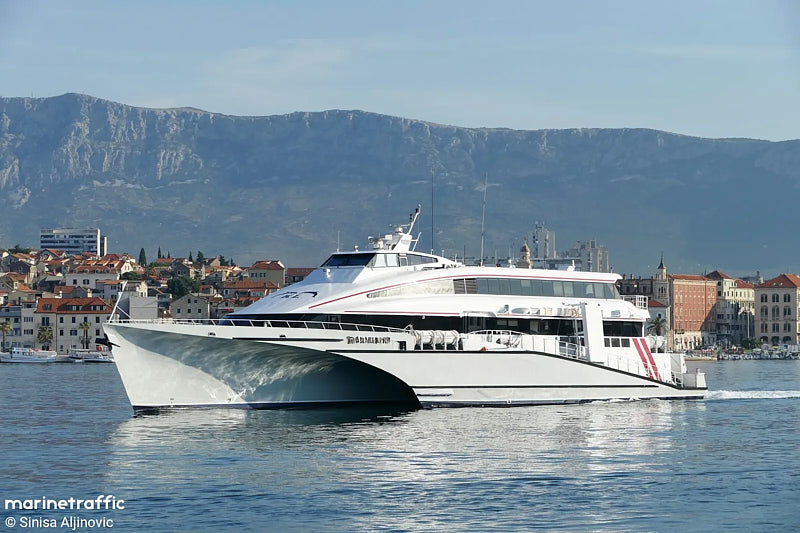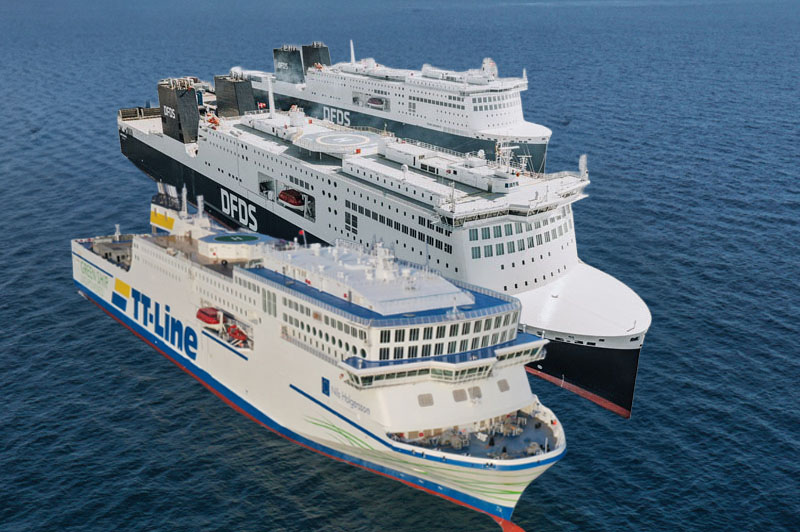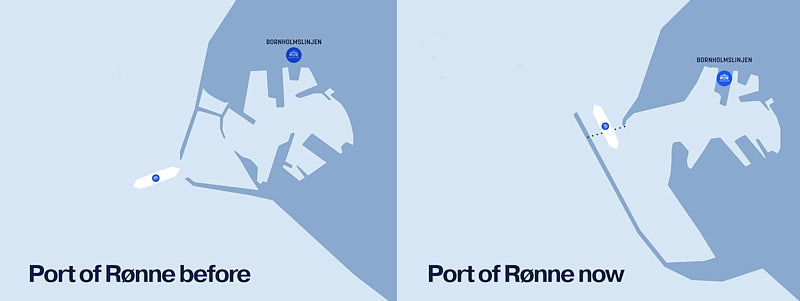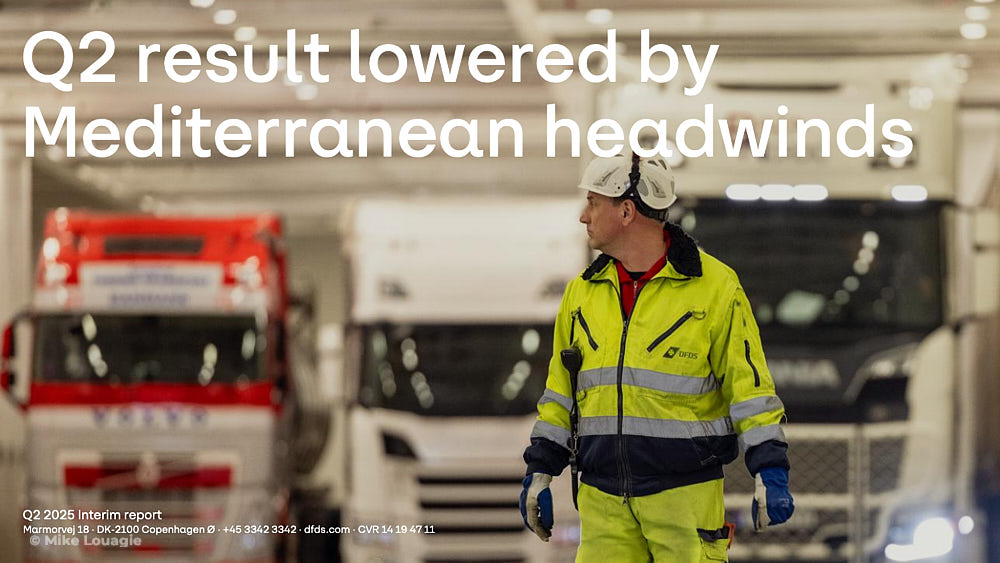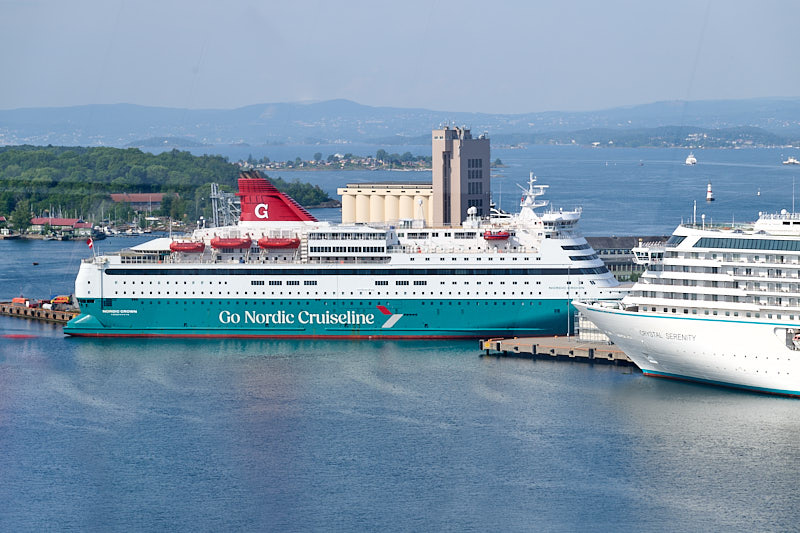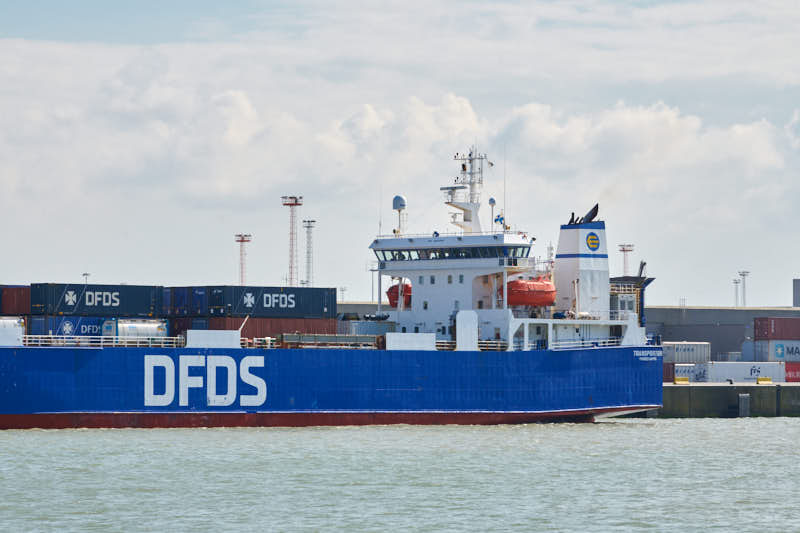It is reported that Seajets’ HSC SUPERCAT JET 2 (ex-SUPERSPEED JET, KRILO ECLIPSE) was recently renamed NOTRE DAME, following plans to launch a new ferry link between Cyprus (Larnaca) and Lebanon (Junieh).
The plan, announced three months ago, suggests she has been chartered to INDEVO Group. The service is intended as an alternative to air travel and would establish a direct European connection through Cyprus, where an estimated 100,000 passengers travel on this route each summer.
HSC NOTRE DAME was built in Australia in 2002. She can carry 350 passengers and has a speed of 32 knots.
Photo: Marine Traffic Sinisa Aljinovic
Source: L’Orient-Le Jour


